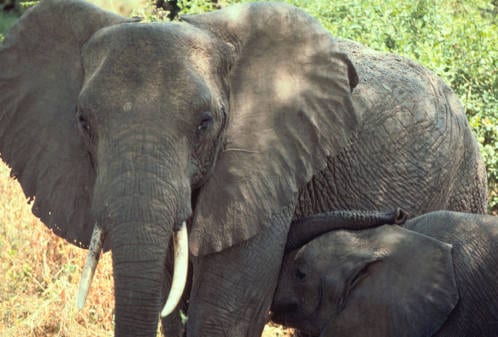Genuine animal liberation will never find a friend in capitalism
OpEds—
Guest Editor: Roland Vincent
• NOTE: This post should be read in conjunction with a prior by the same author:
How many conservatives are animal rights supporters?
Gary Francione is on a fool’s mission. People are having children faster than we are creating vegans. Abolition of slaughter will not occur until we have the political climate to ban it.
Every social movement is about politics. Animal Rights is all about politics. Particularly it is about Left wing politics. Capitalism will not allow Animal Rights. We need a Socialist society to succeed.
Philosophically, Socialism is no more disposed toward animal welfare or Animal Rights than is Capitalism, Mercantilism, or any other economic system. Socialism, however, does not reward animal exploitation, cruelty or murder. Capitalism, on the other hand, does. The Animal Holocaust is almost totally the product of profit and the pursuit of profit. Under Socialism, even with a government and public indifferent to animals, the scope of animal exploitation and suffering would substantially diminish, as Socialism provides no incentives for anyone to engage in animal exploitation.
Socialism is supported by Liberals [broadly understood]. And while Liberals are not particularly supportive of Animal Rights, they are certainly more supportive of the concept than are Conservatives, who see animals as private property and the subject of business enterprises. Moreover, Liberals have championed the rights of the weak and powerless in society, and are much more likely to embrace Animal Rights in the future, as a logical extension of a compassionate and empathetic worldview.
One cannot look to the failings of today’s Liberals and Socialists on animal issues and extrapolate those failures into the future. Liberals of 200 years ago opposed slavery but would never have entertained the idea of racial equality. Socialists of 100 years ago supported women’s suffrage but never considered gay rights or the protection of the Environment.
We look to Liberalism to challenge oppression because it has always done so. We look to Socialism to reduce animal suffering because it provides no incentives to commit cruelty.
We already know that Conservatives and Capitalism are the enemies of animals. We know that under Capitalism animals suffer horrifically. Capitalism drives animal cruelty through profits. Most animal cruelty is caused by animal agriculture, the cause of the Animal Holocaust. But animal agriculture isn’t the only Capitalist industry which causes cruelty, there are a host of them: hunting, trapping, fur, zoos, circuses, dog and horse racing, rodeos, the exotic pet trade, fishing, puppy mills, pet stores, whaling, sealing, and trade in ivory, tiger penises, bear bile, rhino horn, etc, are all profit driven. Conservatism is the political voice for Capitalism. Conservative politicians are the mouthpieces for Big Business. Conservatives oppose all we do in the Animal Rights movement on philosophical grounds: They believe private property and profits are sacred. They believe government should have no voice in business. They believe businesses have the right to impact the Environment any way they wish to.
Animal Rights is a dream to be realized in the distant future. The world is decades, if not centuries, away from seeing the product of our current efforts. Animal Rights is well below the horizon. But it is on the road that Liberals and Socialists are traveling.
ABOUT THE AUTHOR
ROLAND VINCENT is an animal rights activist, an environmentalist, and a civil libertarian, all of which puts him on the political Left. He is also a supporter of Dennis Kucinich and other progressive/socialist Democrats. His maintains a Facebook page at https://www.facebook.com/rolandwvincent







